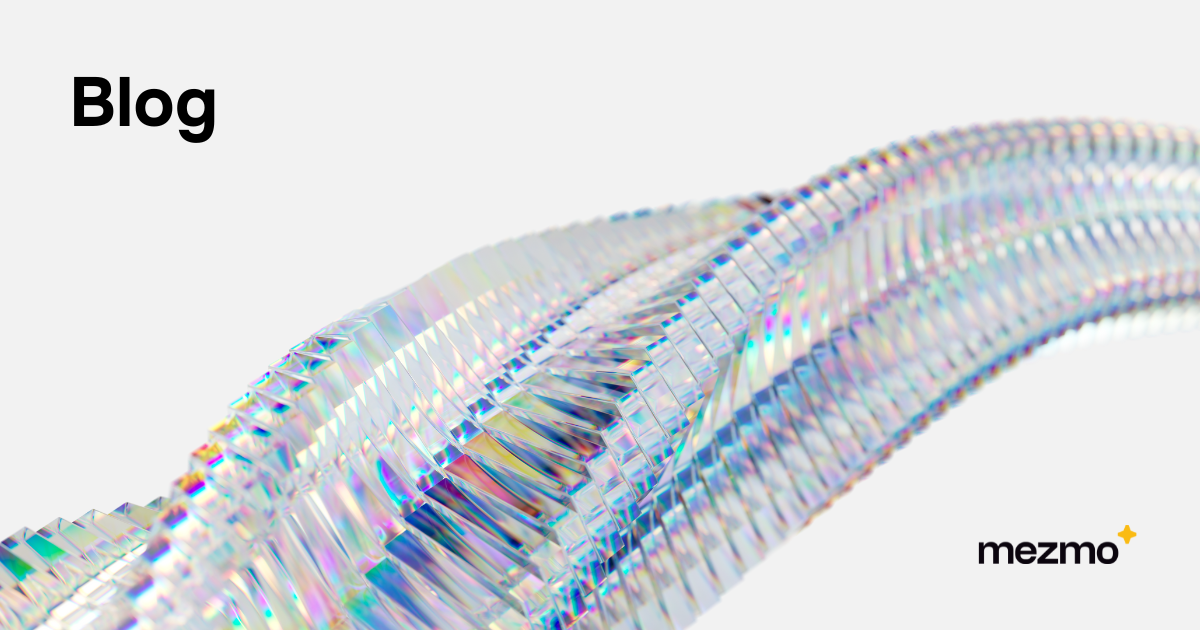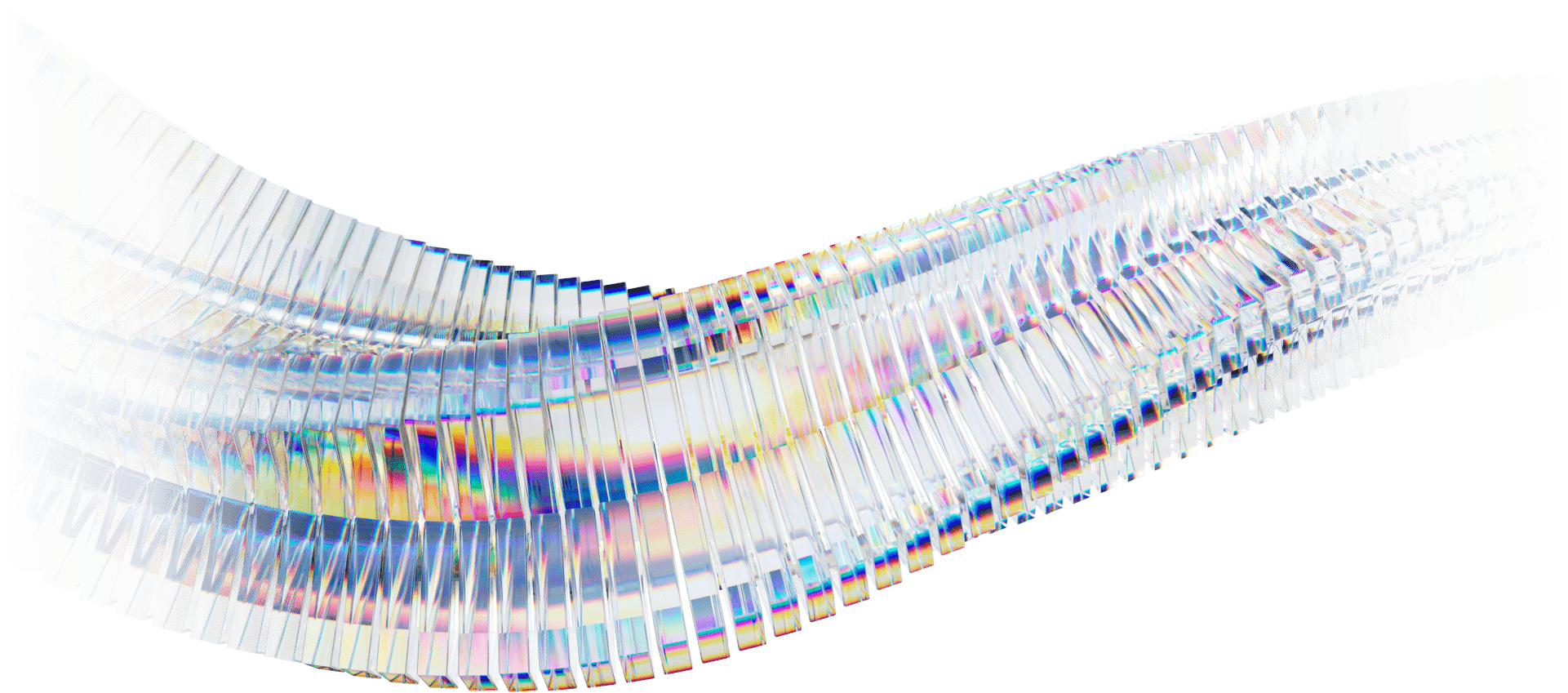Kubecon ‘24 recap: Patent Trolls, OTel Lessons at Scale, and Principle Platform Abstractions
Last week I had the pleasure of attending KubeCon 2024 in Salt Lake City, Utah. If you’re not familiar with Kubecon, it’s an open source and Kubernetes-focused conference put on by the Cloud Native Computing Foundation (CNCF). Here are some of my highlights and insights from this year’s conference.

Keynote Themes: Happy 10 Years Kubernetes, AI, and Patent Trolls
Kubernetes turned 10 years old this KubeCon so there were talks about the evolution of Kubernetes, to never stop growing, and without community—how it wouldn’t have happened. So Happy Birthday Kubernetes!
However, the keynote highlighted a larger problem emerging: patent trolls. Patent trolls are those who claim patent infringement, in this case, on open source projects. This is a huge hindrance to smaller projects and companies from thriving. The litigation costs are beyond what many companies can afford, forcing them to settle out of court. The CNCF, however, is fighting back at these trolls, working on patent lawsuit deterrence with their cloud native heroes challenge. This program encourages developers to have “prior art” or evidence like documentation to indicate that an invention in the troll’s patent application isn’t “new.”

There was also a lot of talk about artificial intelligence (AI), and how it has transformed from niche use cases to general use. Some of the challenges being faced now are how to keep PII data private when processing through AI, scaling, and how to automate the coding process.
Session: Lessons Learned Adopting OpenTelemetry at Scale
Heroku undertook the task of adopting OpenTelmetry internally. Alex Arnell, a member of the telemetry team at Heroku, took some of the principles from Dale Carneige’s book How to Win Friends and Influence People in convincing others to move to OTel. The highlight here is make others say yes enthusiastically (Principle #5), let the other person do a great deal of talking (Principle #6), dramatize your ideas with demo days (Principle #11), and throw down a challenge (Principle #12) - in this case a mandated observability vendor swap.
The lessons learned here are:
- Explicit histogram values may be prewritten in the code, which may cause some of the desired visibility to disappear.
- Exponential histograms are useful so they can handle large loads and give the appropriate level of visibility and have that bell curve diagram.
- Plan your future with standards and how they will be adopted.
- Modularize or codify your dashboards and alerts so they are easy to reuse.
Session: Evolving Reddit’s Infrastructure via Principle Platform Abstractions
Reddit talked about how their platform evolved, specifically how they hit an inflection point in 2022 with the impending IPO and expansion of serving stacks in multiple regions, making them realize they needed to move to platform abstractions. This was due to growth in advertisements and machine learning. They presented two case studies of what they experienced internally - Kubernetes Namespaces and Legacy Kubernetes Clusters. We’ll focus on Kubernetes Namespaces.
They were finding it would take up to a week or more to build a Kubernetes Namespace due to the tedious process of copy and pasting YAML files, infrastructure complexity, internal reviews, and then hope for no failures, or they would start all over again. It was not fun, pretty, or efficient. With the help of Principled Platform Abstractions, they worked towards a platform engineering trifecta of obviousness, consistency, and predictability for their internal developer platform.

Their “tldr;” at the end was “When companies reach a certain maturity, they need platform abstractions to operate efficiently, especially as they grow.” Why? This is because automation enables admin and technical scale, empowers both application and infrastructure engineers, and Kubernetes can act as a universal control plane.
Mezmo At Kubecon: Introducing Mezmo Flow
Mezmo had a booth at Kubecon and we got to show off our new mascot and our guided onboarding experience - Mezmo Flow. We’re field testing this new experience and got some feedback at our booth, but will continue to get feedback from users like you. You can try it here.
We also showcased our revised version of our O’Reilly report, The Fundamentals of Telemetry Pipelines. This is a great report for gaining a better understanding of telemetry pipelines, and how they can help you with understanding, optimizing, and responding to your data.
Until Next Time, Kubecon
There were a lot of other things that I did not have time to share and mention in here, but I want to say this again, Happy 10th Birthday Kubernetes. Never stop growing and continue scaling new heights like we did this last week!

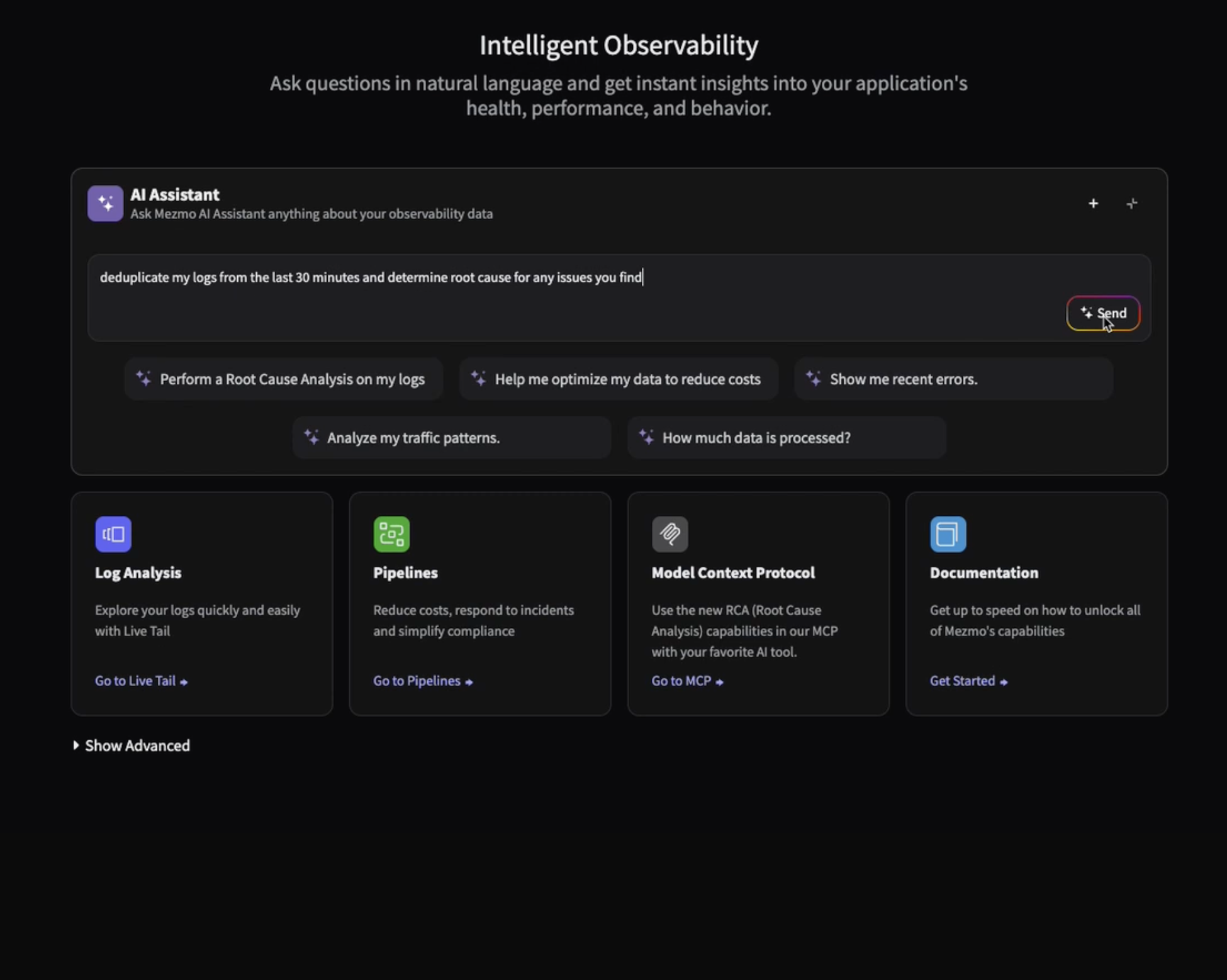
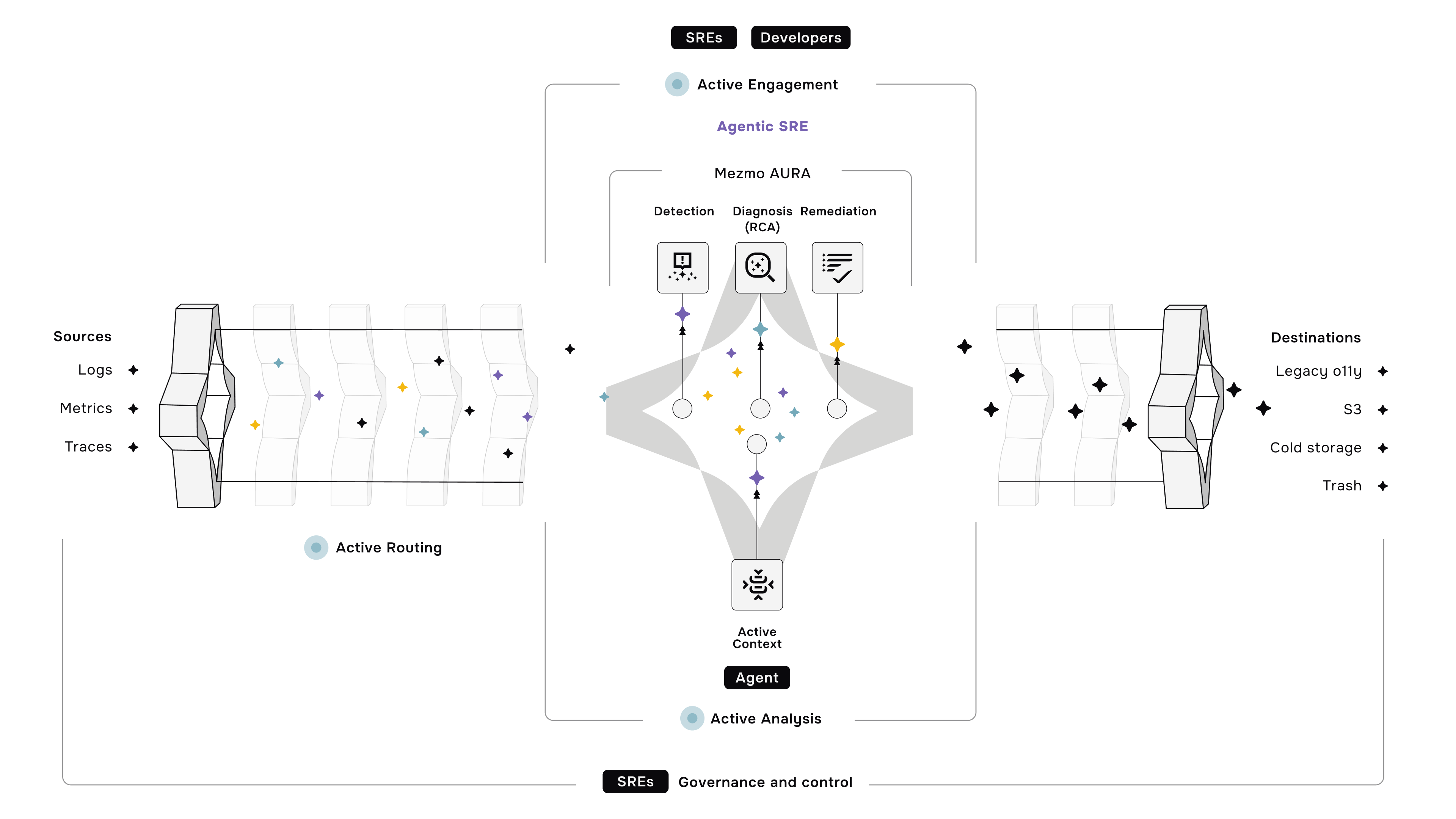

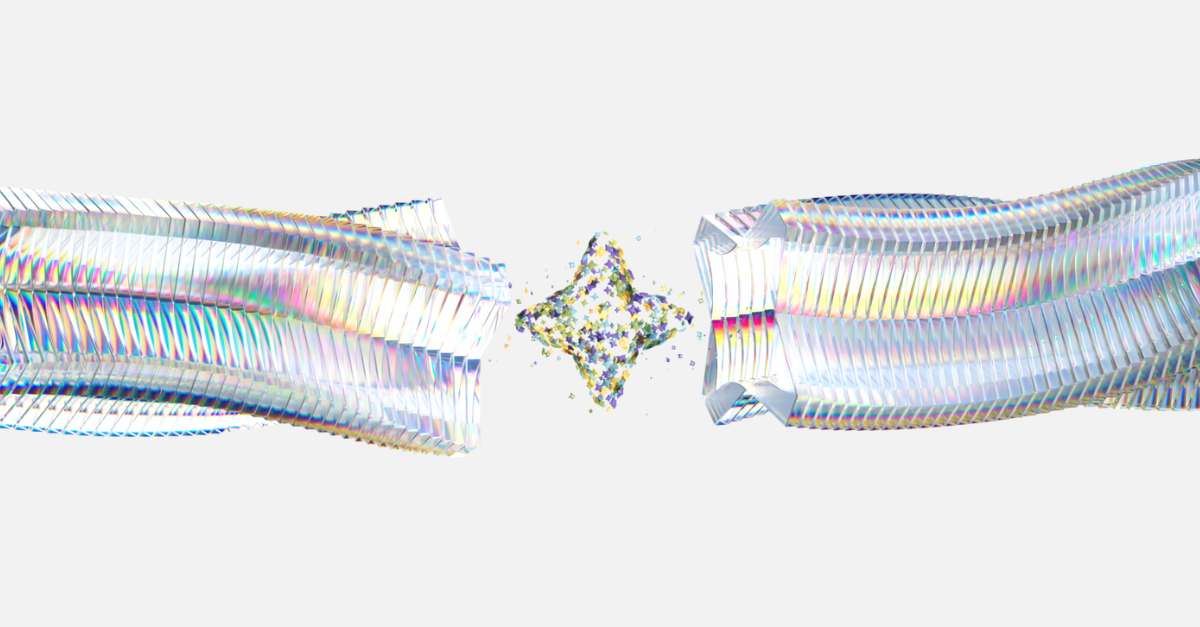




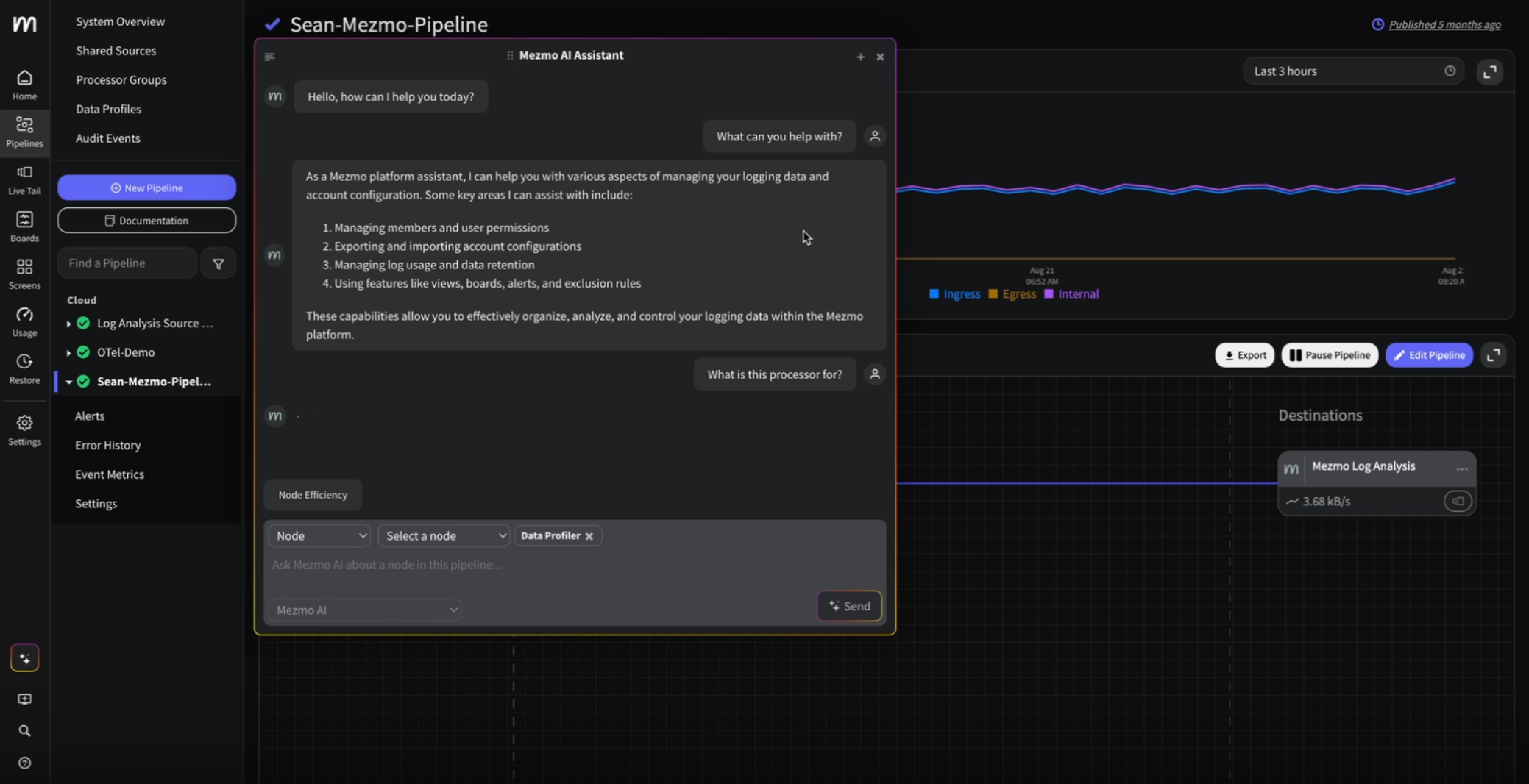
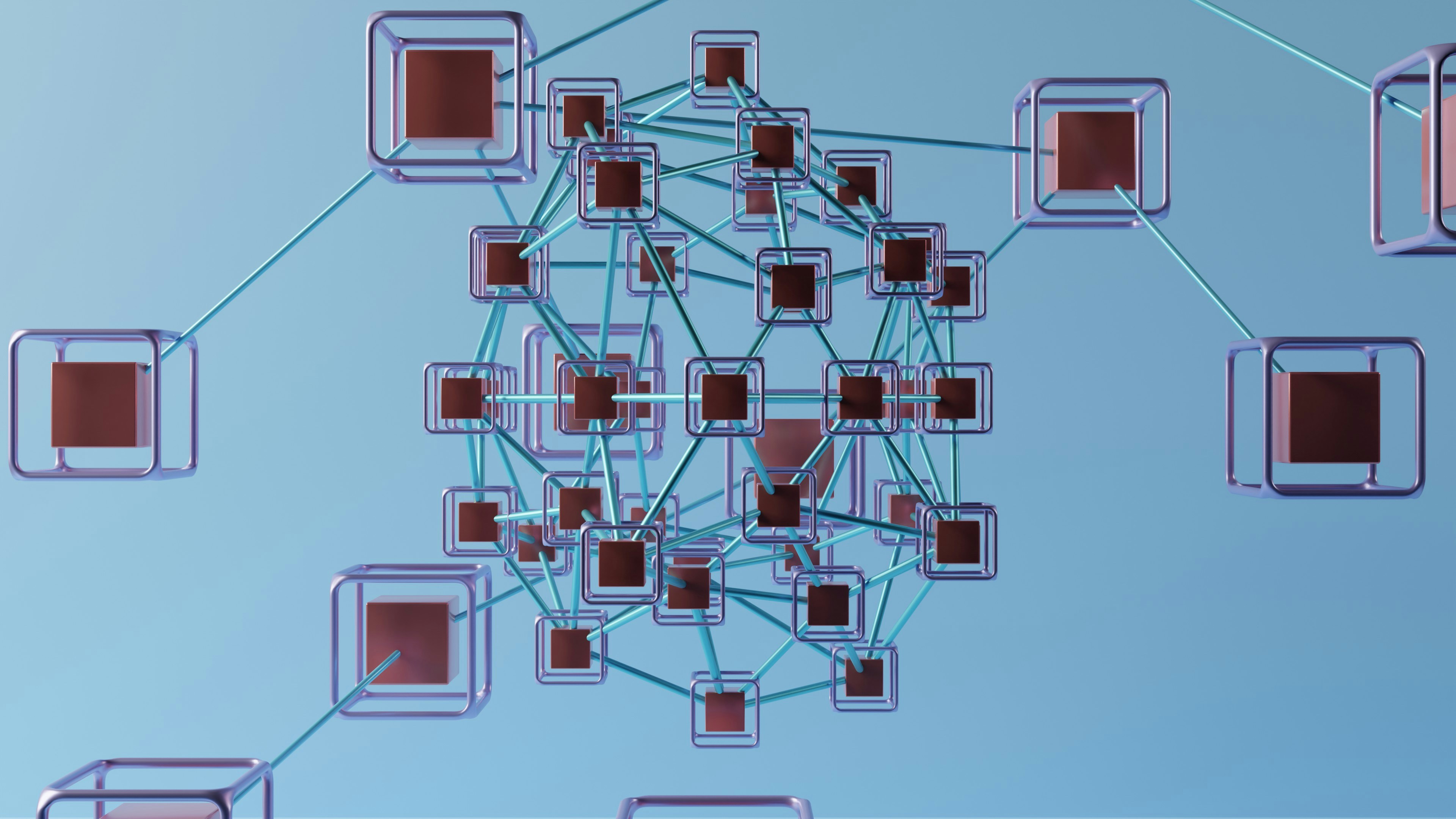

.png)




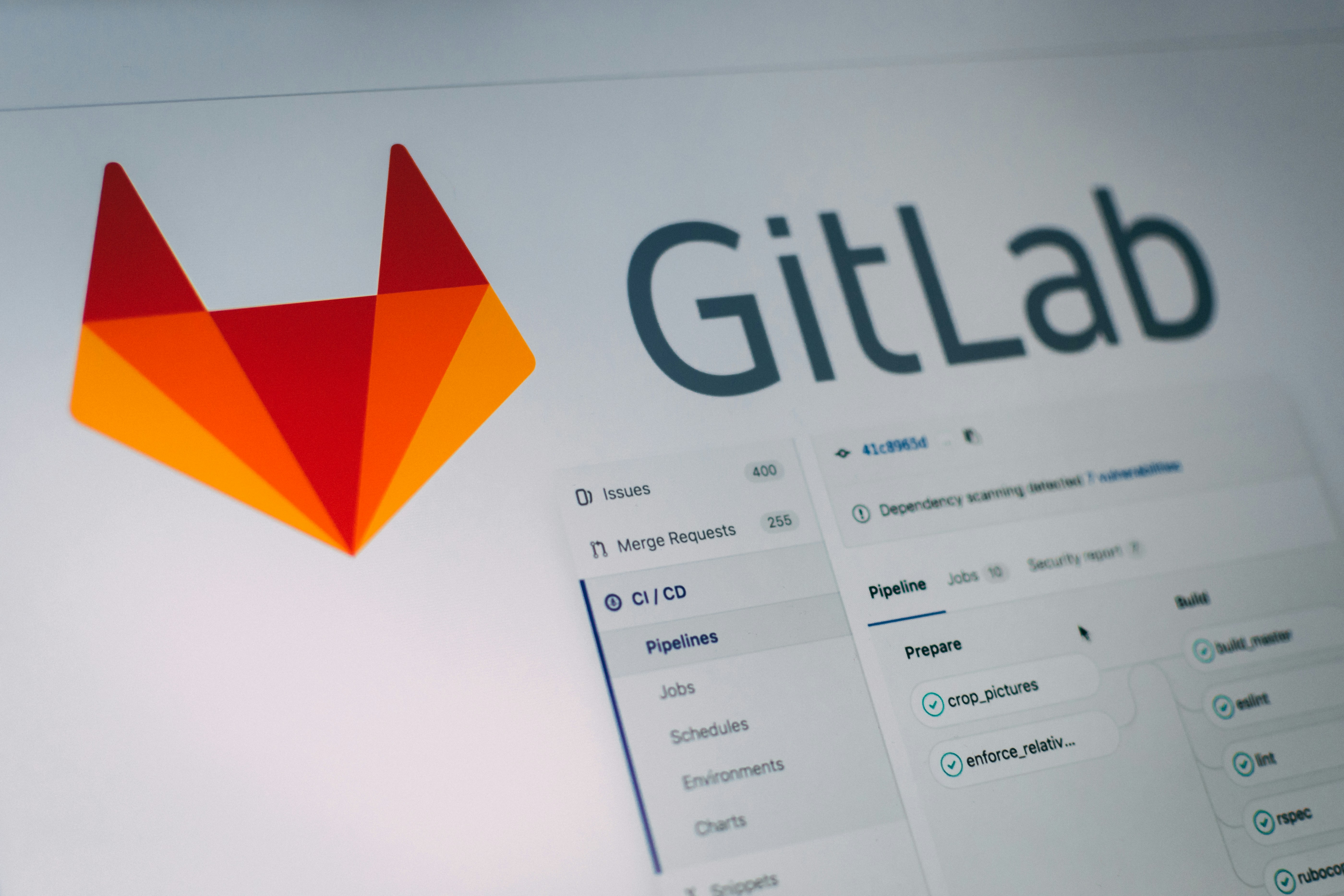
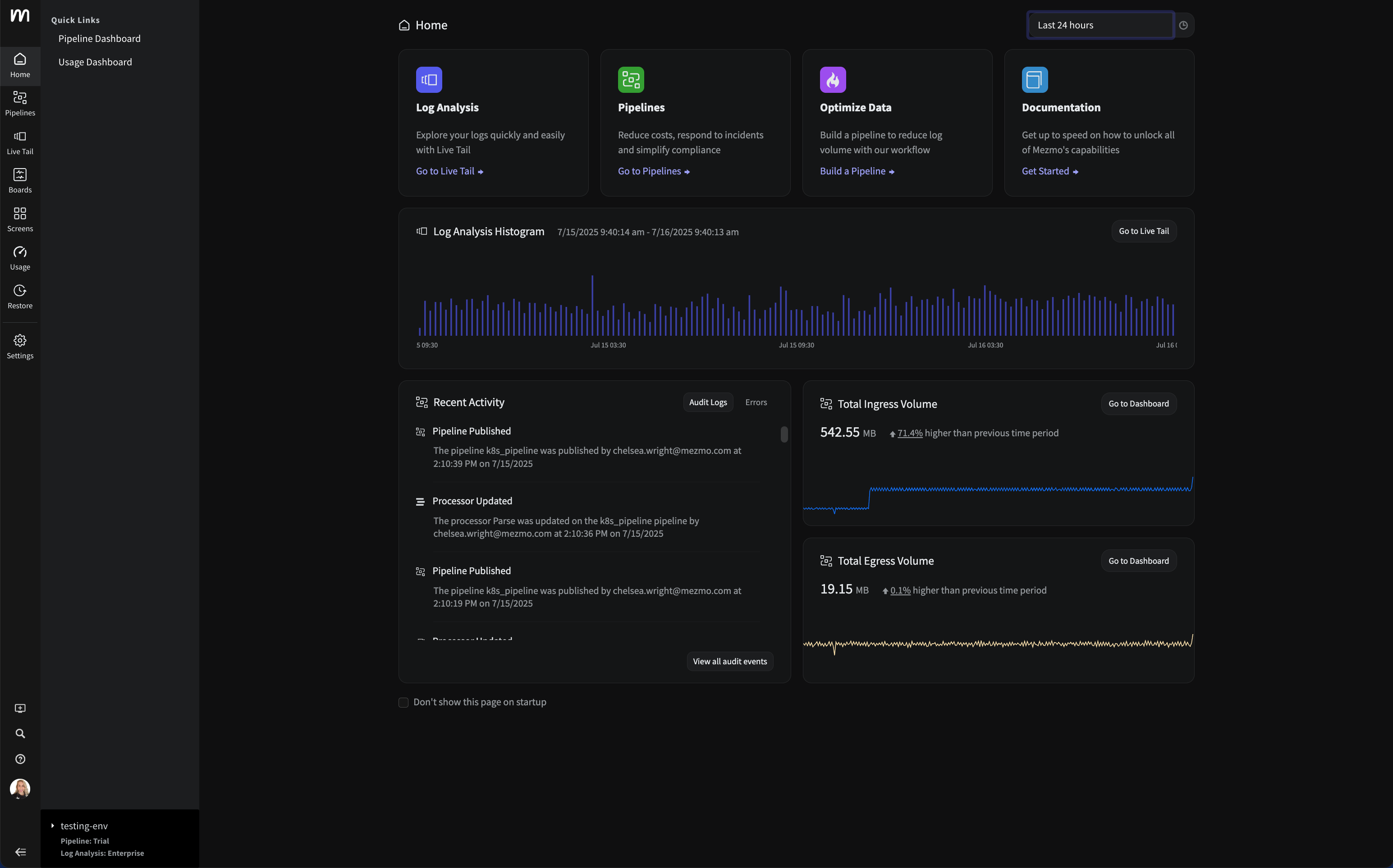


















.png)


















































